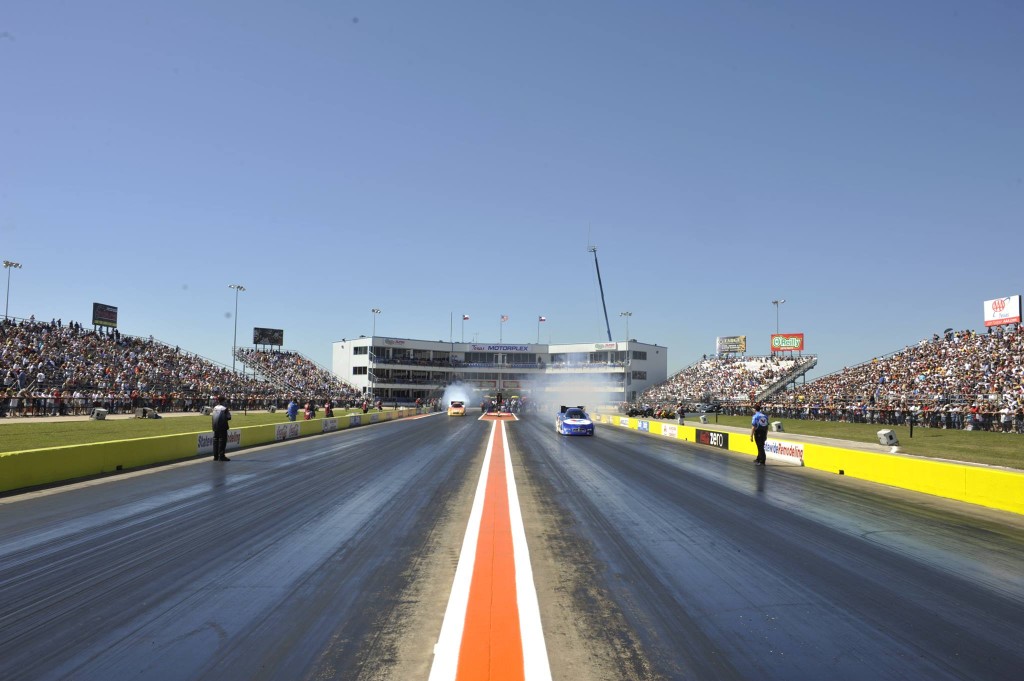If there is one phrase I have heard more than any other in the nearly six years I have been general manager, it’s this: That’s not how we’ve always done it.
And before you immediately think the phrase is uttered from office or event staff the most often, I will tell you… it’s not. That phrase comes from our fans, participants, and other key stakeholders not employed by our facility.
Tradition is a funny thing and something I have struggled with mightily over the years. It’s a constant dance between introducing new and improved event management techniques and keeping with the very traditions that keeps this facility alive and operating with an abundance of passionate and dedicated fans and participants.
When we made the move to electronic ticketing in 2011, nearly 90 percent of all ticket orders for our biggest event of the year (a three-day event with more than 25,000 fans per day) came via the telephone into our office. The orders were taken over the phone and tickets mailed out shortly before the event. Sometimes, depending on various factors, we would send someone to meet them or take them to their homes. The home delivery was just something that happened—it’s not advertised or part of any package. It has just been our staff going the extra mile to accommodate people who, for example, will be sitting in the same two seats this fall for the 30th consecutive year.
Going to electronic renewals and ticketing was a big shock that continues to boggle some of our fans’ minds to this day. We still take nearly 40 percent of the orders over the phone, and we still drive those tickets to that small group of people—just because.
Change is not something embraced very easily in our niche world of drag racing, and I’m OK with that as long as we still have those fans willing to sit in those same seats year after year. I am, however, trying to do a better job of blending the historical values of tradition with new amenities and technologies that help us put on better events.
What makes drag racing so unique is the heart of the competitors and fans and the way they pass down their love and passion through the generations. So we’ve become better at using surveys and just talking to those fans and racers about change before making any changes to the way we do business.
We also know that we need to use technology and better training to maintain safe and professional events. My focus continues to be blending better event management while keeping tradition at the forefront and giving history its due recognition. It’s a constant struggle, but worth it to see the next generation of fans growing up at the track and sitting side-by-side with fans that have been here from the beginning.
(Image: Facebook)


Thanks for the insight Gabrielle. Similar to the example you gave in your story, professional teams are looking at ways to do away with souvenir ticket stock in exchange for going all digital. Call me old fashion, but I still like receiving my souvenir ticket stock as a keep sake. I have to admit that I end up forwarding the tickets to myself digitally so I don’t have to break up the hard tickets. I’m not a “pack rat” by any means, but there is something about going back and appreciating the art on the tickets from seasons past.
It’s inevitable that all tickets will be digital, but we have to ask ourselves if convenience, security and budget are taking pieces away from the traditions that fans hold near to their memories and experiences. An even further discussion that needs to be held with your fan base before making drastic decisions.